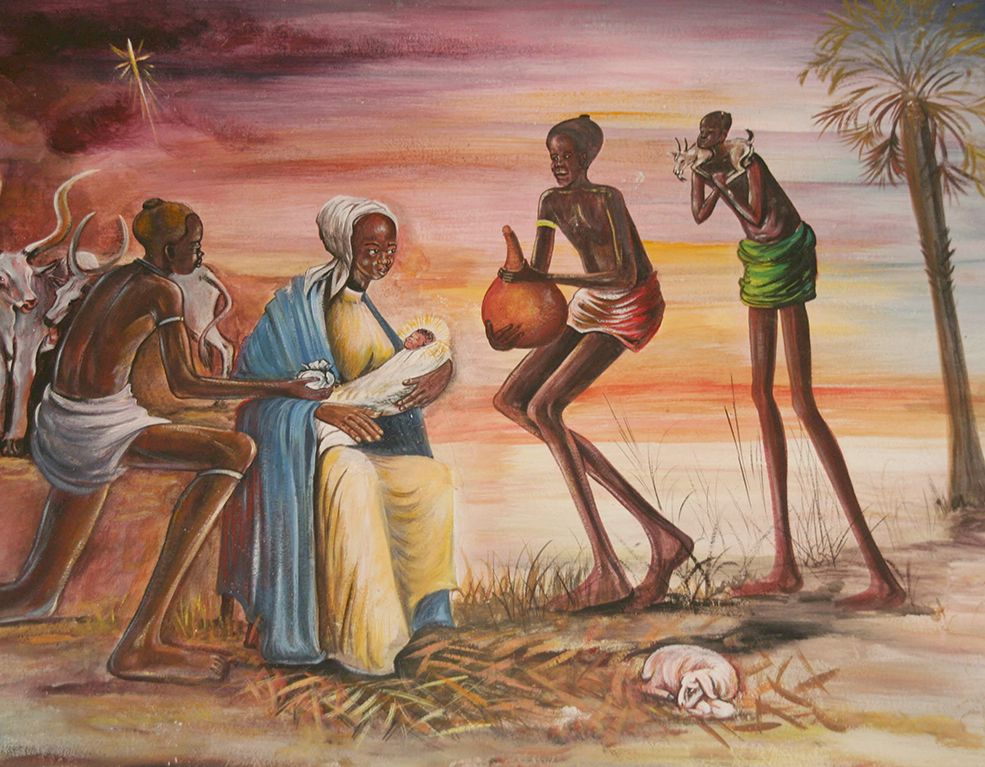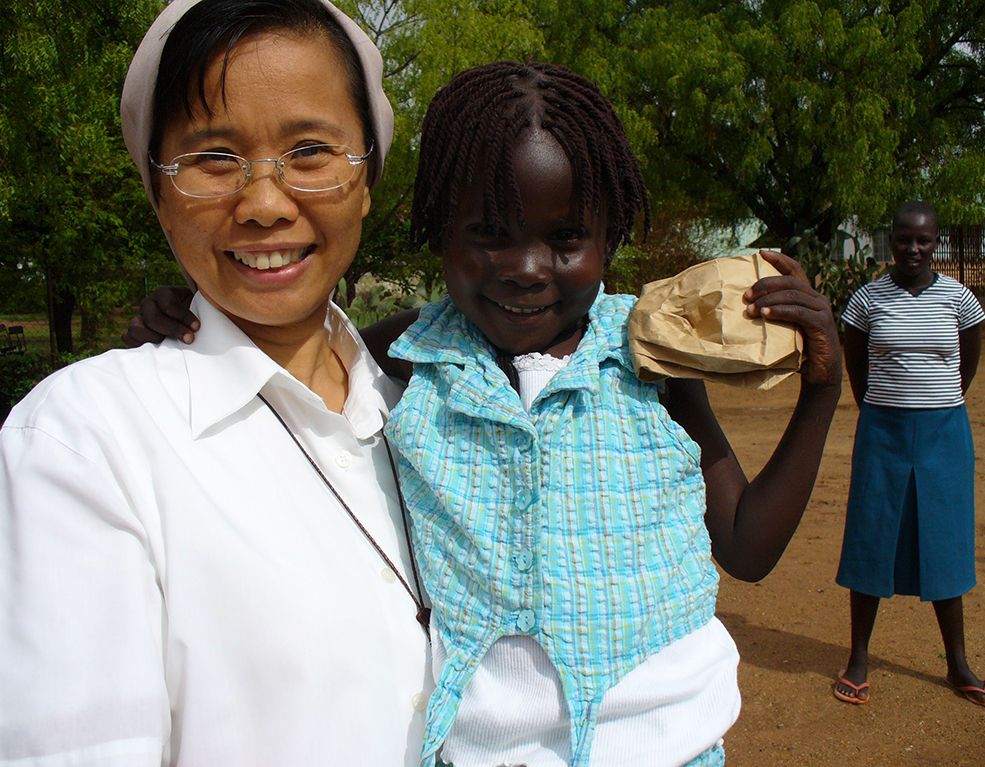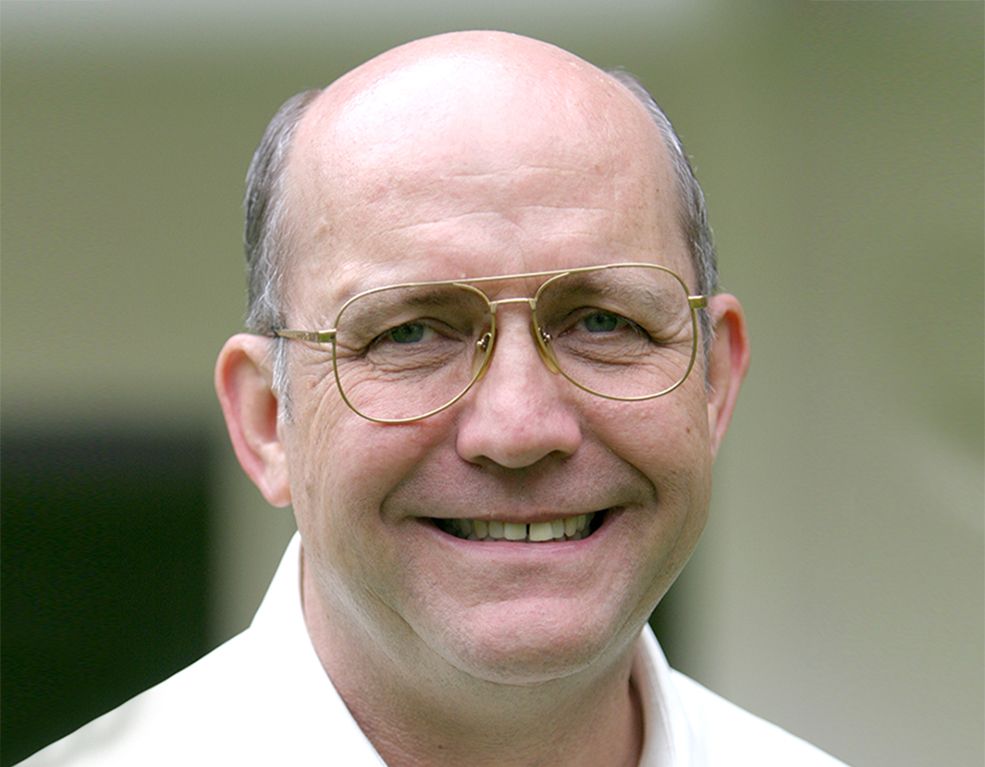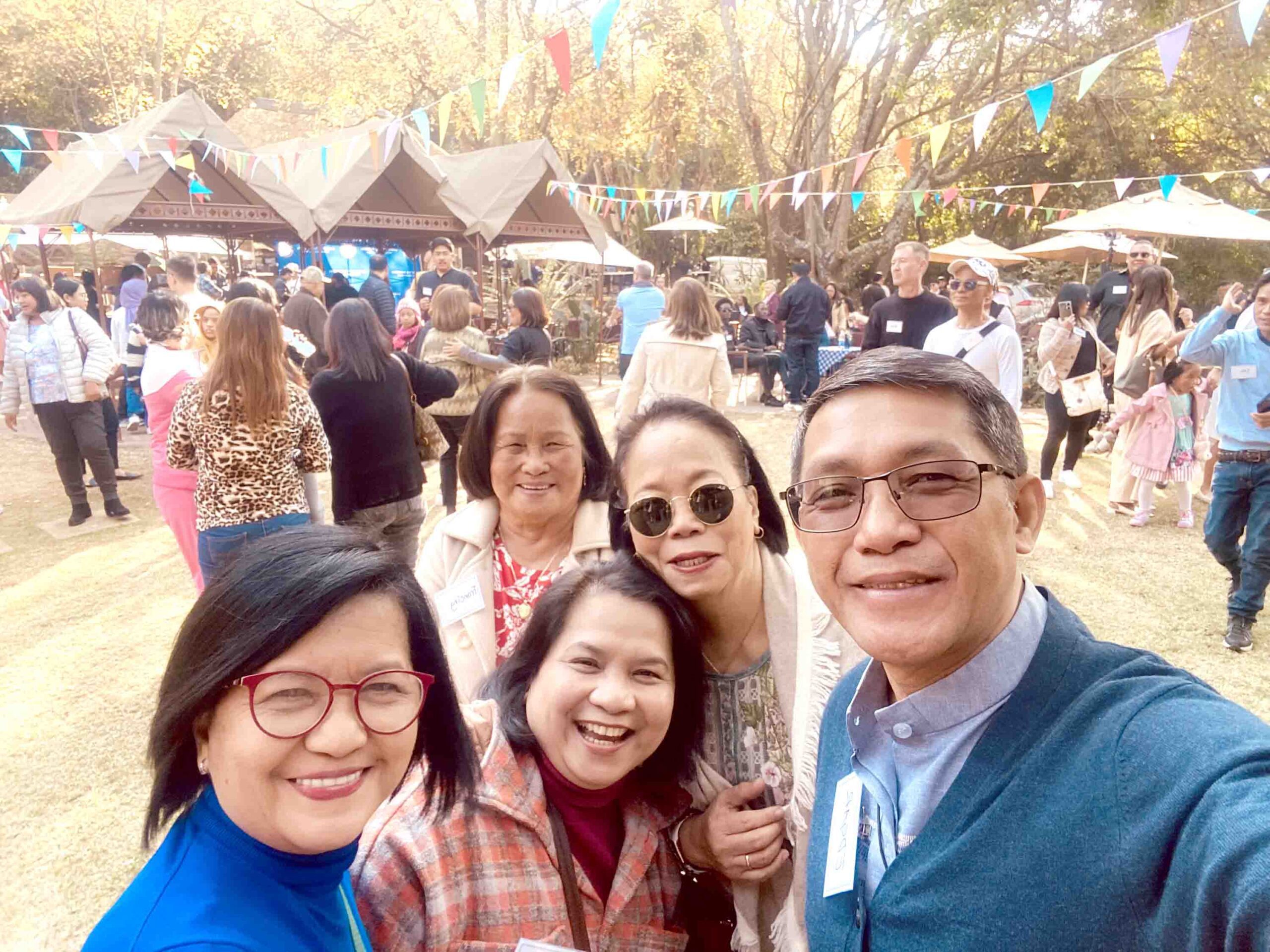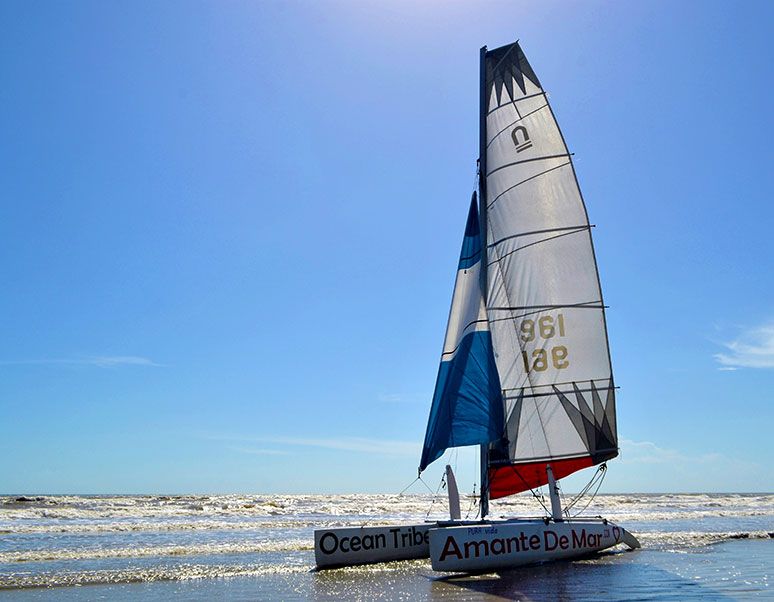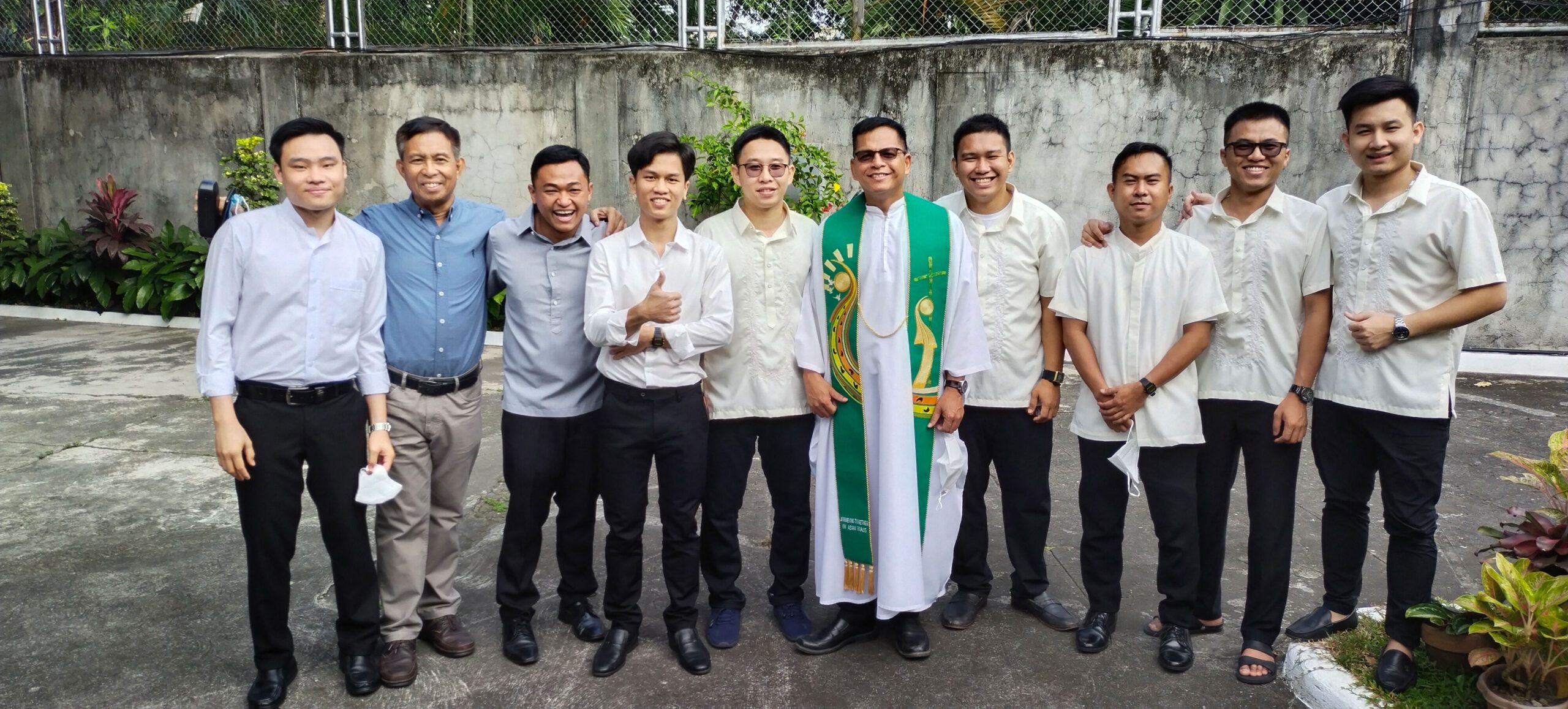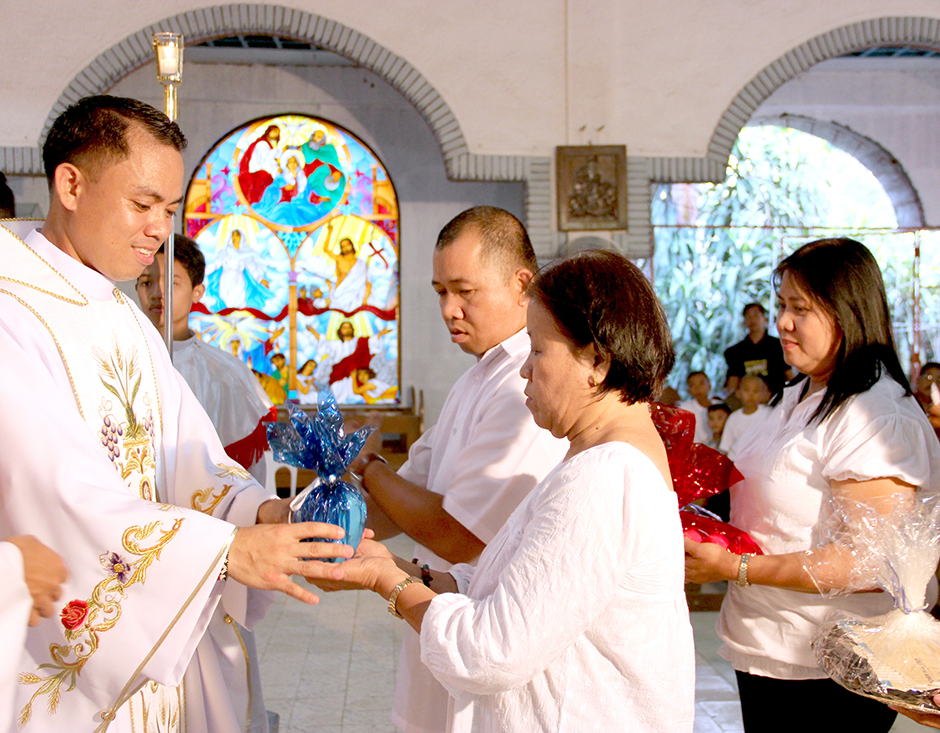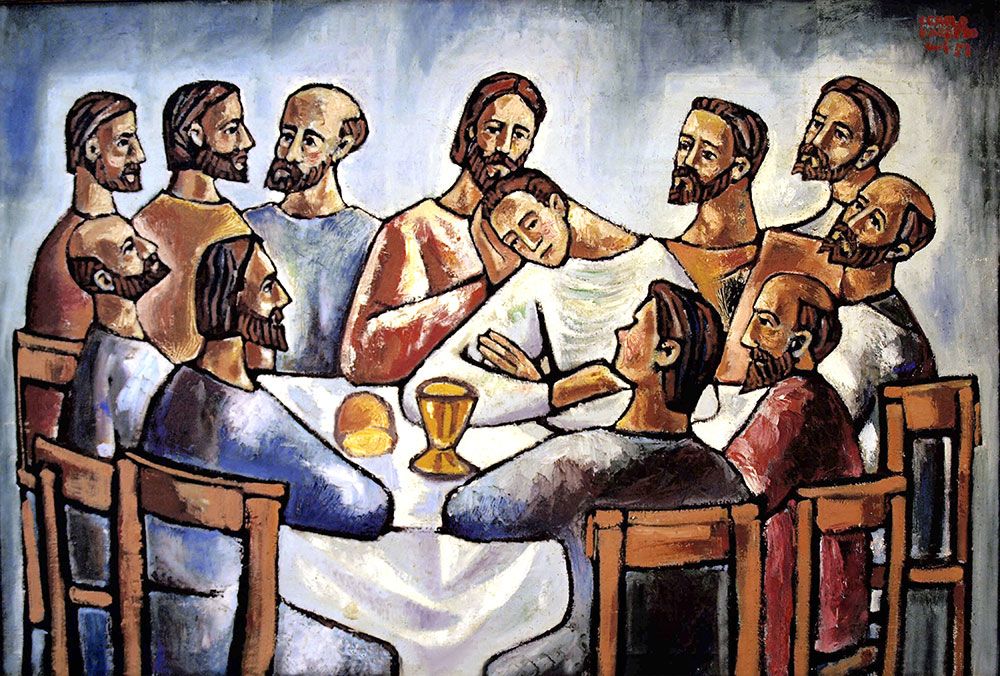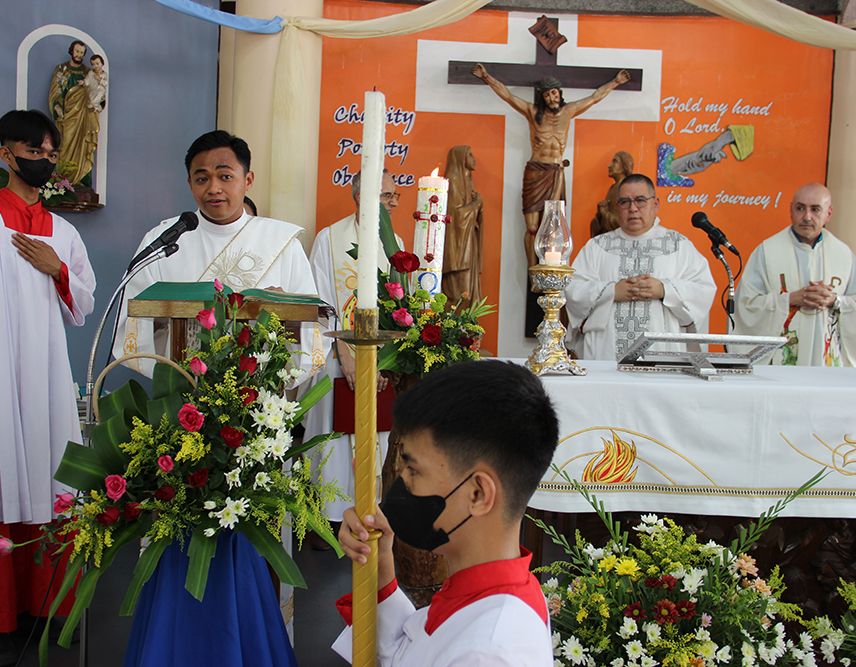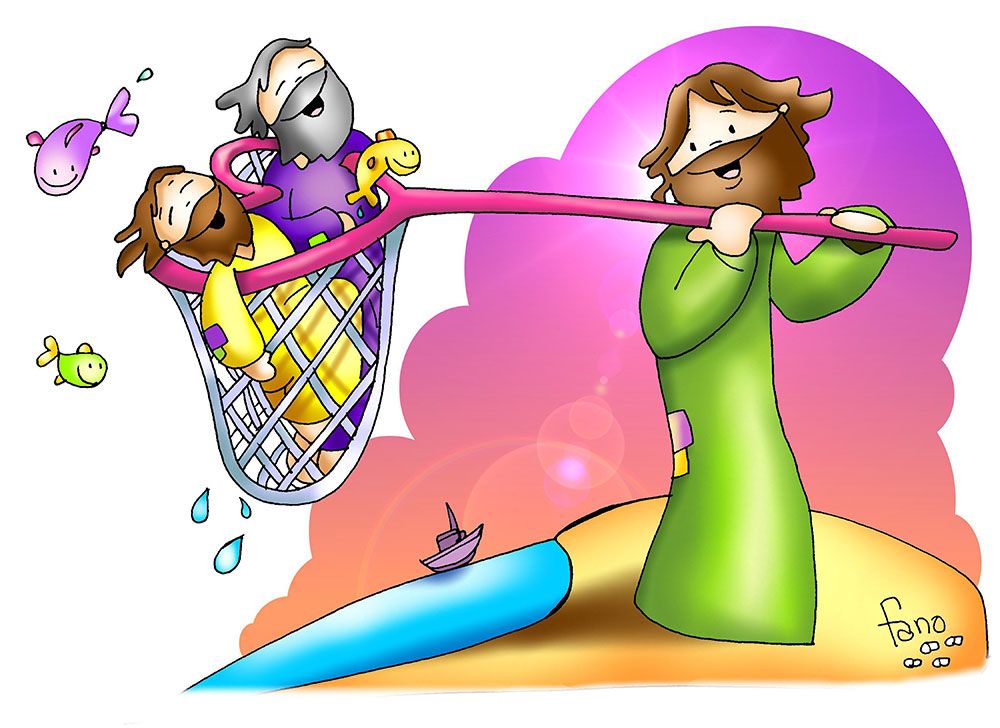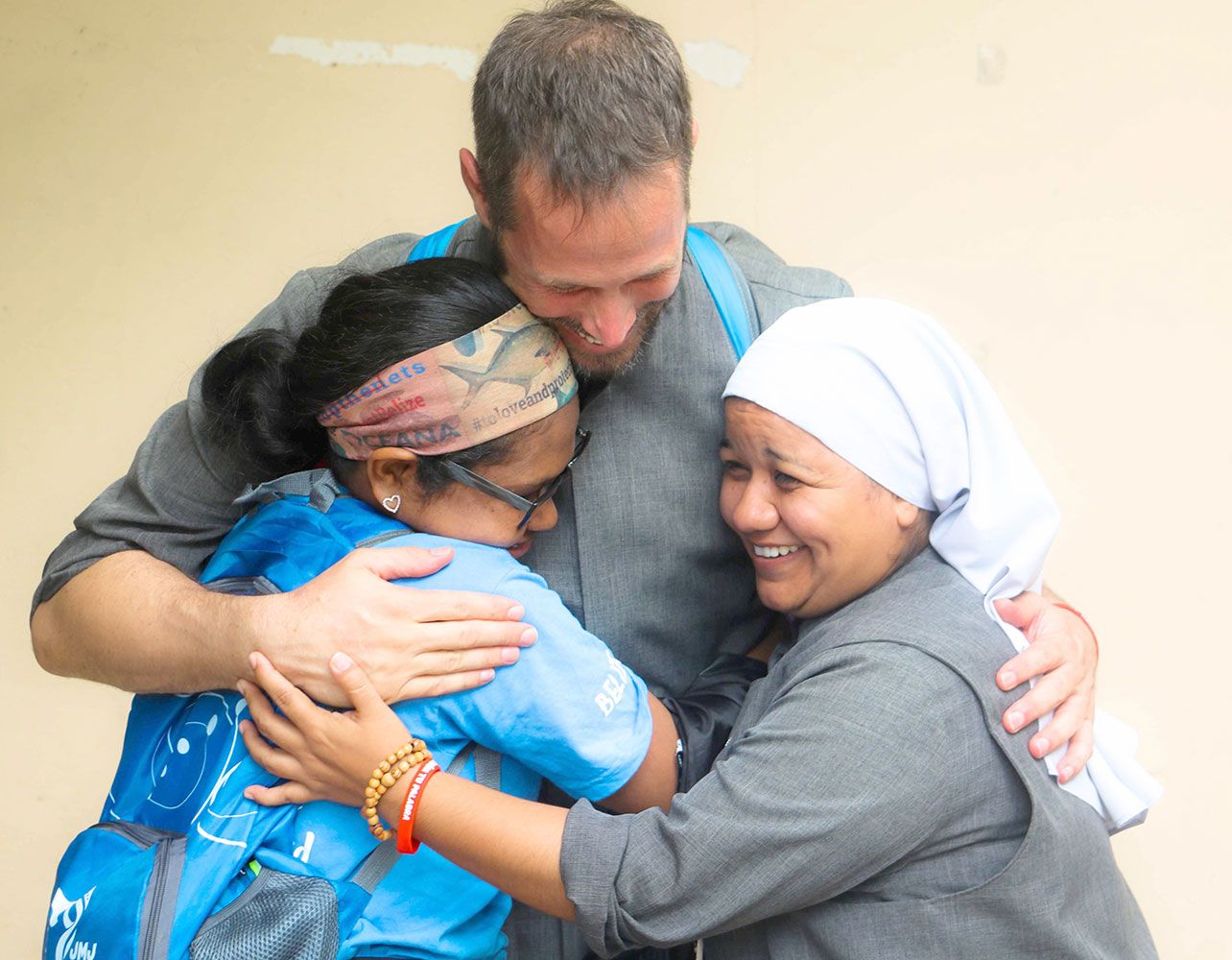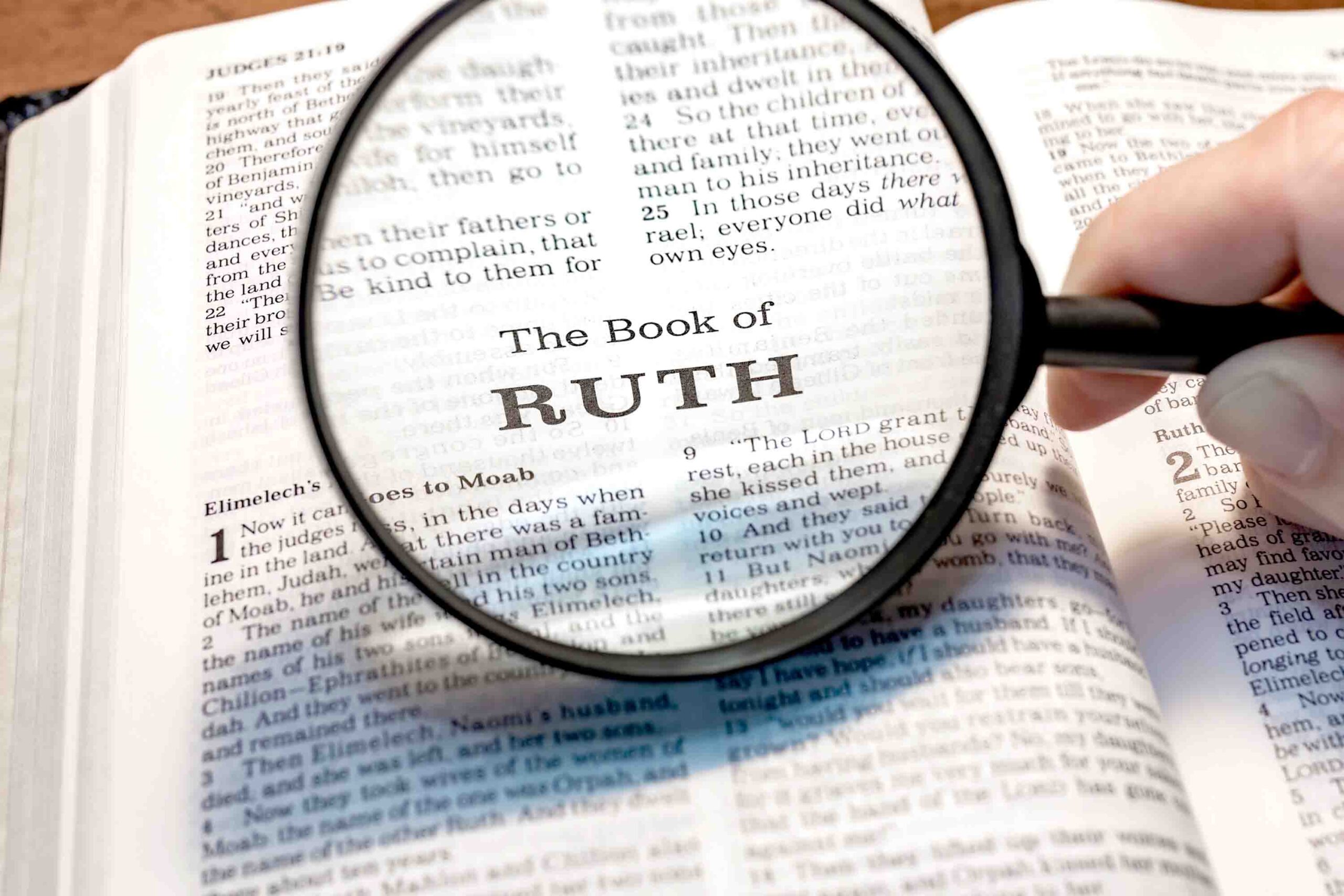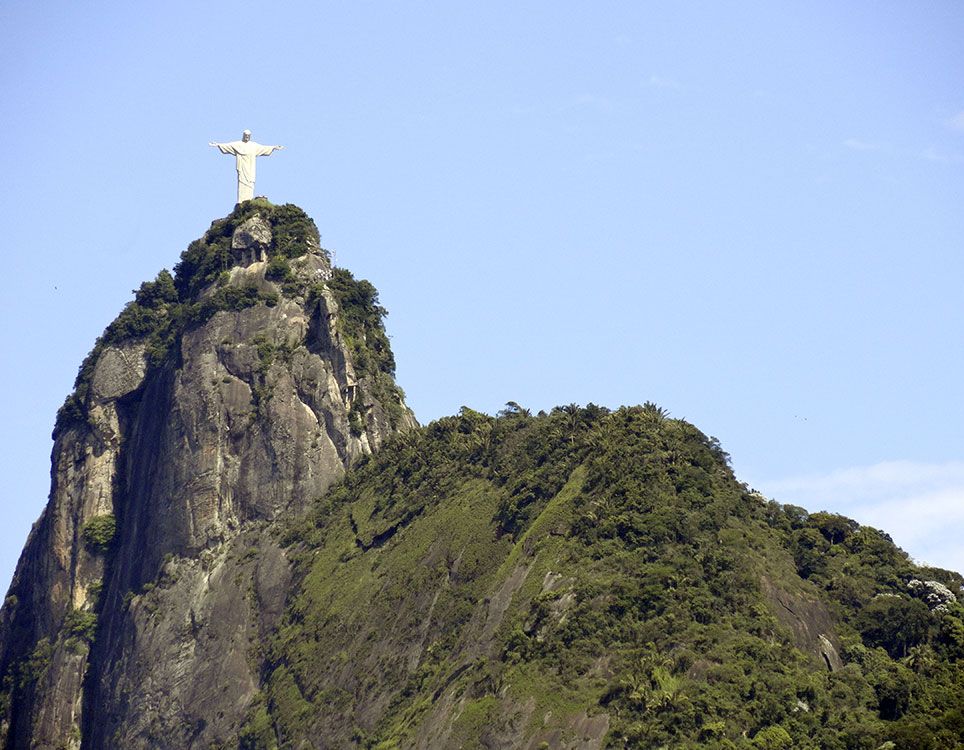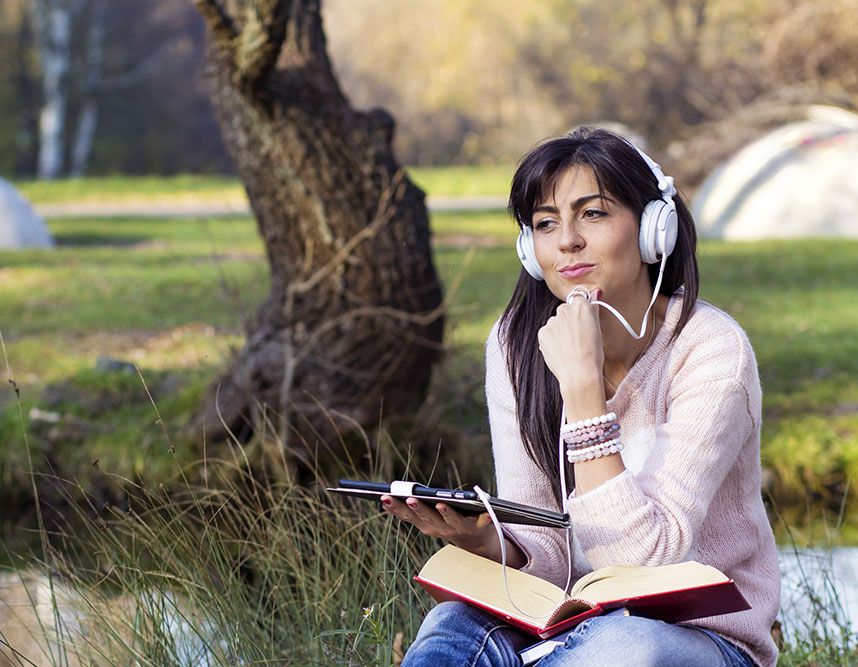False ideas about education often deceive us. First, education is easily confused with scholarship. Now, education is of the order of civism, of acceptable behavior in society and human relations. In the final analysis, it concerns the person himself, regardless of the environment in which he or she was born and/or the level of education he or she had.
Scholarship takes on another dimension. It concerns knowledge, intellect and, most of the time, it is attested by an educational system. A scholar is a “professional of knowledge” who spends his/her entire life studying, deepening, and delving into a specific area of human knowledge.
For example, St. Jerome dedicated his whole life to the study of the Sacred Scriptures, having translated the Bible into Latin, known as the Vulgate. Thus, he is regarded as a biblical scholar and doctor of the Church.
Having clarified what I mean here by education or educating oneself, I would like to highlight the relationship between education and vocation.
Education And Vocation
Education, seen from the perspective that I have just explained, goes far beyond the false justifications we are used to hearing and using: “He is like that because his parents didn’t know how to educate him”; “he has no education at all, he only had bad teachers and bad examples.”
Education is, above all, something that each person cultivates. While it is true that in childhood, it is developed in the light of the examples and teachings of the family and other “educators,” as a person matures and leaves childhood, education becomes “educating oneself”–without this, there is no growth or personal maturation.
In adulthood, education becomes self-education, which is a lifelong process. In this sense, education is ongoing education or formation. The adult is in a constant and evolving practice of learning, both intellectually and experientially. The person cannot stop learning at once as knowledge is as vast as the universe and the human capacity of learning is somewhat limited. So he/she is acquiring “parts and parcels” of knowledge every day.
In vocational aspects, the process and need to educate oneself is also the same. Children’s dreams are set aside (to marry; to be single, priest, astronaut, doctor, singer, etc.) to assume an adult, responsible, and mature look on life, both in professional and personal terms.
We know that “educating oneself” is not an individual path, or something that can be done alone. We have to be the ones to “educate our eyes” to discover who and how we can be accompanied in this process.
Educating ourselves is something that we are not used to doing: in the family, we know who educates (parents, grandparents, uncles, in short, the older ones); at school and in society, we know who educates (teachers, politicians, in short, the authorities).
In terms of complete personal fulfillment, we get to choose who or what educates us for discernment and vocational maturity. Nothing is imposed on us. The freedom of choice can be liberating, but it also carries a sense of responsibility that can be frightening and overwhelming.
Awake!
In the morning, we wake up in many different ways. It can be a parent’s call, a phone ringtone, or an old alarm clock that remains on the bedside table. Regardless of who or what awakens us, there is always something external to us that urges us to open our eyes, to be aware that it is time to get up. What we do next is up to us!
In a vocation, especially concerning vocational discernment, the same happens: there are always things and/or people that “wake us up” to be aware that our vocation is special. What happens next is up to us. Do we get up or push the button snooze?
Postponing our vocation, postponing this education is to enter a dead-end and run the risk of never reaching what we most yearn! Sometimes it feels like we’ve entered an eternal snooze–that button in the morning that allows us to postpone getting up. By pressing this button, we have the illusion that we’re not running late. (after all, it’s just a little longer and this will play again in 10 minutes)
In addition, we have the feeling of being able to enjoy more of our rest time. What often happens is that, from snooze to snooze, we lose time and end up missing the commitments made; or else, we end up running out of bed, dropping everything on the way and arriving late at the appointed place, completely out of breath, with that feeling that we’ve forgotten something and still checking if we are well dressed.
Postponement Is Not An Option
In a vocation, what is at stake is life. Hitting that snooze button is not an option. The risk of never reaching the fullness of life that we crave is enormous if we opt for these postponement measures. The snooze button is the button to take a nap. Now, we cannot allow the fulfillment of our life not to happen because we decided to take a rest at the hour when we should have woken up and taken a step forward.
It is not easy to make the firm decision to wake up and get going. It is not by chance that, for example, in the biblical accounts of the cures that Jesus performed (or the disciples through His intercession), they are always accompanied by “waking up” and “rising”. Waking up is important, but getting up is essential so that you don’t go into “snooze mode,” when life calls and your authenticity depends on acting.
Wake Up And Get Up
The fullness of life does not contemplate delays, since, by its very essence, it is always a struggle, always an absolute demand for love and life. That is why it is incompatible with the snooze button, because it does not allow you to take a nap while you wait for the future to arrive. But above all, the fullness of life springs from true love and authenticity of the human being who feels called to the full realization of life.
Now, if this is the case for activities that give us pleasure, but which we know are limited to a specific space and time, it will not be even more important that it be so when what is at stake is the fullness of life, authenticity of a happiness that, like everything else, is not without its difficulties, but that fulfills us as the people we are and who we truly want to be?




